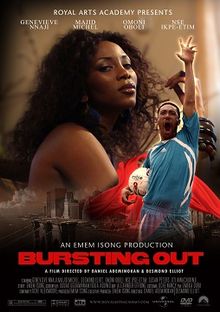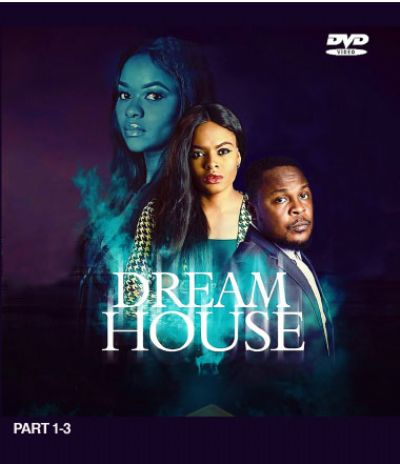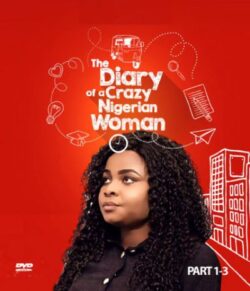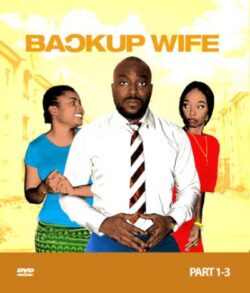Nollywood is the 3rd largest movie industry in the world in terms of movies produced. Hollywood and Bollywood are the two markets that succeed them. It appears that Nollywood (Nigeria) and Ghallywood (Ghana) are underground markets. These movies are rarely found in US major retail outlets, and American trade magazines don’t account for their sales. However, the African industry is a viable business that has come a long way but still has further to go. Let’s start with…
PROBLEMS WITH NOLLY-GHALLY MOVIES
It is in the industry’s best interest to achieve a higher level of proficiency. There are a variety of technical snafus, editing issues, and incorrect spelling found in African movies and on DVD covers. Poor grammar and typographical errors reflect negatively on any product. Most bothersome, is the misspelling of the names of movie stars. These mistakes show a lack of professionalism and experience. Never in a million years would Denzel Washington’s name be spelled wrong onscreen.
It is a given that every movie regardless of industry should have quality picture and sound. Nolly/Ghallywood movies has issues with both but has seen progress thanks to newer, more sophisticated cameras. However, there is still a lot more to be desired in terms of sound. There are many instances where there is poor audio or music superseding dialogue. Since African movies are shot on location and not sound stages like Hollywood, this issue is fathomable but filmmakers must find a solution.
Most African movies are broken into parts, some with four or more. This is tolerable but what can be annoying are the titles of these various parts. Some sequels have titles that are unrelated to the original title. For example, the movie “Bleeding Tree” has a sequel called “Poor Widow.” Unless these two movies are sold together, it’s not obvious that it’s all one movie. Therefore, it is easy to mistake a sequel for an original movie. Retailers are often left with parts 3&4 of a movie and customers can’t find parts 1&2 or vice versa. To date there has been improvement as many sequels now keep the original title and add an “End of” prefix or the DVD contains the entire movie and is marked “Full Story.” This makes purchasing African movies an easier task for the consumer.
Some argue that African movies are slowly abandoning the African culture. It is true that some movies have an American vibe and others are actually shot in the US. The core of this matter has to do with marketing. Producers have to know whom they are targeting. If they’re looking to sell to the American market then an effort to make movies that are more relatable makes good business sense.
In terms of African movies being shot in the US, that is purely art imitating life. There are millions of Africans living in the US and African movies should reflect that. This does not necessarily mean that the African culture is neglected or that Nollywood is emulating Hollywood. If the cast and crew are African then it’s still an African movie. The bottom line is that there are more than enough movie producers in the industry to create movies to satisfy a variety of preferences. A smart business provides choices.
Bootlegging and free movie websites reportedly continue to derail the sales of African movies, which is another issue to be tackled.
WHAT’S GREAT ABOUT AFRICAN MOVIES
What’s most admirable about the African movie industry is that they ”greenlight” their own movies. There’s no waiting on some Hollywood executive to place their stories on backburner, also known in the U.S. as development hell. African movies are cheaper to produce; most are direct to video, relieving producers of box office pressure.
Nollywood also offers a view of the African culture and there’s a certain spirituality that goes hand in hand with filmmaking. We see faith-based characters more often than not and many producers “give God the glory” in movie credits. Speaking of credit, even the actors who are “extras” in movies are credited on screen – unheard of in Hollywood, where only scripted actors are recognized.
In terms of authenticity, it’s “real” women who are on the forefront of African movies. Many actors are not picture perfect as opposed to the pencil thin, model types, often depicted in Hollywood films. This sends a positive message to our youth that healthy is “in” and that we are all imperfect.
African movies are never “played out.” Movies that have come and gone resurface on store shelves and become relevant again. Also, the purchase price of Nolly/Ghally movies remain affordable. Most can be purchased for about $5, which is a fraction of the cost of a Hollywood movie.
Lastly, African movies appeal to a niche audience and there many who have never seen an African movie. This is indicative of an untapped market yet to be served. Certainly there are other nationalities that would enjoy African movies. After all, like music, movies should be universal. “Word-of-Mouth” has promoted many businesses and we should talk more about African movies.
Talk African Movies
Let’s Talk. Share your thoughts.





